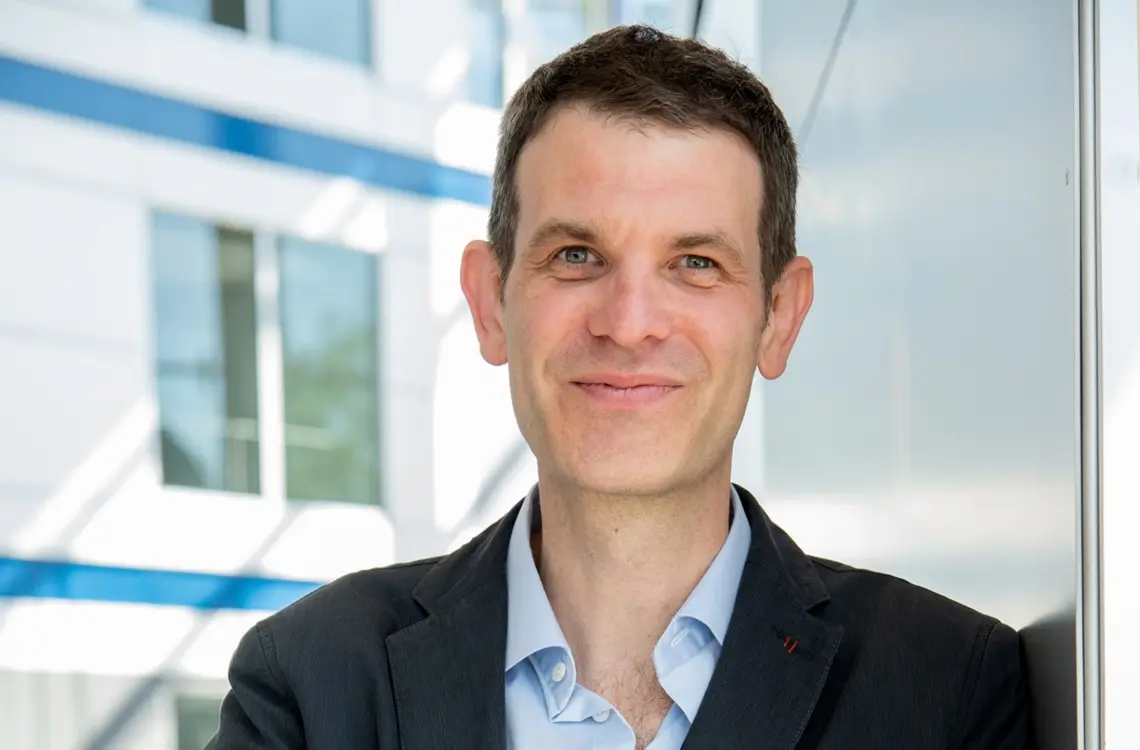Accuracy-Versus-Fairness Tradeoffs in Algorithm-Based Personnel Selection
In this session of the International Business Seminar Series, Ulrich Leicht-Deobald took a fascinating look at innovations in Human Resources: Algorithms are increasingly determining companies' personnel selection. But is the process always fair?

Organizations are increasingly using algorithms to improve the accuracy of hiring decisions. However, these algorithms can disadvantage certain protected demographic groups, such as those based on gender, age, or ethnicity. While there are methods to make outcomes fairer between these groups, doing so often reduces the accuracy of the algorithms.
The study presented by Prof. Leicht-Deobald as part of the International Business Seminar Series examines when people are willing to accept lower accuracy for more fairness, using Reference Cognition Theory (RCT) as a basis. Four experiments (with MTurkers, managers, and students) explored factors influencing the tradeoff between accuracy and fairness, particularly focusing on gender-based disparities.
Findings show that the severity of fairness issues, personal fairness views, and the algorithm’s initial accuracy affect preferences. The stakeholder perspective had mixed effects, while different fairness approaches (statistical parity vs. equal opportunity) didn’t significantly influence decisions.
This research adds to discussions on the ethics of algorithm use in hiring.

Ulrich Leicht-Deobald is an Associate Professor of Responsible Leadership, with a Ph.D. in Strategy and Management from the University of St.Gallen (Switzerland). His research centers on New Ways of Working, particularly team collaboration, and has been published in top academic journals like the Journal of Management, Journal of Business Ethics, and business outlets like Forbes. He has held visiting positions at renowned institutions, including the University of Michigan and INSEAD. Ulrich has secured over €650,000 in research funding and his work on AI and fairness in organizations has been cited by international bodies such as the UN's ILO and the OECD. Before his academic career, Ulrich spent nearly a decade as an actor in various German theaters—a unique background that adds an interesting layer to his leadership and collaboration research. You can learn more about Professor Ulrich Leicht-Deobald on the University of St. Gallen’s website.